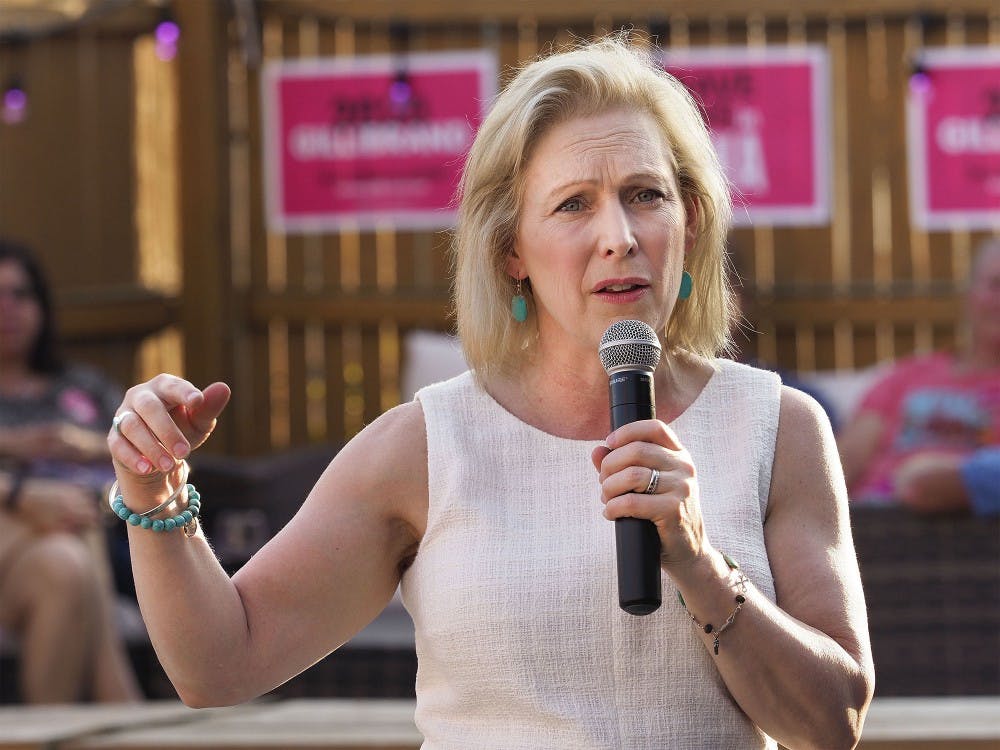Bridget Bowman
CQ-Roll Call
WASHINGTON — New York Democratic Sen. Kirsten Gillibrand dropped out of the presidential race Wednesday after failing to make the third round of Democratic primary debates.
Gillibrand is the fourth presidential candidate to drop out of the race in recent days, following former Colorado Gov. John Hickenlooper, Washington Gov. Jay Inslee and Massachusetts Rep. Seth Moulton. Just 10 candidates appear to have qualified for the upcoming debate in September because of higher polling and donor thresholds.
"It's important to know when it's not your time, and to know how you can best serve your community and your country," Gillibrand said in a video posted on Twitter. "I believe I can best serve by helping to unite us to beat Donald Trump in 2020."
Gillibrand, who made women's rights central to her presidential campaign, told The New York Times that she would endorse another candidate in the primary but did not commit to backing another woman. The field still includes five women, including three of her Senate colleagues, Kamala Harris of California, Amy Klobuchar of Minnesota and Elizabeth Warren of Massachusetts.
"I will support whoever the nominee is, and I will do whatever it takes to beat Trump," she said.
Gillibrand's campaign announced in a memo following her decision that she will relaunch her Off the Sidelines PAC to support women candidates.
Gillibrand plans to "raise and invest at least $1 million to elect women this cycle," according to the memo.
Gillibrand is also planning to travel to Texas next month to bolster Democratic women candidates. Democrats believe Texas will be a top House battleground in 2020.
The Democratic National Committee raised the threshold to qualify for the next round of debates. Candidates needed 130,000 unique donors and had to garner 2% support in four qualifying polls.
In her presidential campaign, Gillibrand touted her ability to appeal to Trump voters. She won a GOP-held House seat in 2006 and was appointed to the Senate in 2009 after Hillary Clinton was nominated as secretary of state. Gillibrand shifted to the left after her appointment, but has still carried upstate counties that backed Trump in 2016.




